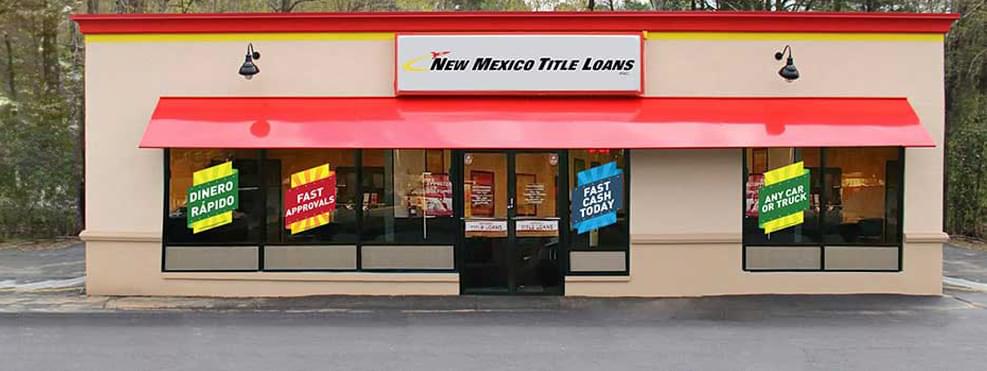
The Ultimate Guide To Essential Installment Loan Terminology
Financial terms can be confusing, not to mention very dull. However, if you're taking out a loan, you need to understand the terms of the contract to make an informed decision.
In this article, we'll explain the definition of installment loan and go into further detail about important installment loan terminology. So, don't worry if you see a word that doesn't make sense—it will become more apparent as you go along.
The Most Important Installment Loan Terminology
Definition Of Installment Loan
Installment loans are any loans where you borrow a fixed amount and gradually pay it off through smaller monthly payments. With each payment, you pay off part of the loan's principal and interest.
There are many types of installment loans:
- Mortgages
- Car loans
- Student loans
- Emergency personal loans
Some loans allow you to pay off the loan over several years, while others spread payments over a few months.
The benefits of installment loans are apparent. It can be hard to pay for something in a single lump sum, especially if it's a high amount or you have a tight budget. Now, you can make smaller, more affordable payments and have enough time to raise the money.
Now, let's look at the most essential installment loan terminology.
Principal
The loan's principal is the money you set out to borrow. For example, you may need $500 for a car repair.
Interest
The interest is the cost of borrowing the money and is added to the principal.
Most personal installment loans are fixed interest, meaning the rate stays the same during the loan duration. That makes it a lot easier to budget your payments.
However, larger loans with more extended payments, such as mortgages or home equity lines of credit, may have variable interest rates. The rate can change according to the terms of the loan or because of general market conditions.

Amortization
Even if "amortization" sounds very complicated, it just means gradually paying off the loan through regular monthly payments.
The word "amortization" is also used to describe your payment schedule. This will reflect the following:
- The loan amount
- The length or duration of the loan
- The monthly payments
- The loan maturity or when you expect to pay off the loan
Balance
The loan balance is the amount you still have to pay for the loan. For example, if you took out a $1,000 loan and have been able to pay off $300, then you have a loan balance of $700.
Credit Score
The credit score reflects your history as a borrower. While there are two credit scores—FICO and Vantage Score—most lenders will use the FICO score. This is calculated by looking at the following:
- Payment history. This shows whether you make payments on time. Any missed payments or delinquent accounts will lower your score.
- Amount owed. This shows how much of your available credit you use, i.e., if you have maxed out your credit cards or have several credit cards with outstanding balances.
- Credit history. This is how long you've been using credit. While this makes up the smallest percentage of your credit score, having no credit history can be a drawback because lenders cannot measure your creditworthiness.
- Credit mix. This reflects the type of credit you have used, such as credit cards, short-term personal loans, installment loans, or bigger loans like mortgages.
- New credit. This shows if you have recently taken out new loans or credit cards. Taking too many new credit lines quickly may be a credit risk because it hints at a financial problem.
Your credit score affects your eligibility for the loan and the interest rate. Credit scores range from 300 to 800. Scores of 670 and higher are considered "good credit." Scores below that, especially those below 580, are considered "bad credit."
How To Get An Installment Loan
Now that you know the definition of an installment loan and have become more familiar with installment loan terminology, your next question may be how to qualify for one, especially if you don't have a perfect credit score.
New Mexico Title Loans, Inc. offers installment loans up to $1,250. Though we look at your credit history, we are more flexible than banks and can work with you to find the best loan package for your needs. People with all kinds of credit are welcome to apply.
Just fill out the form to inquire, and one of our loan representatives will call you right back. Feel free to ask any questions. And don't worry, we don't use complicated installment loan terminology—we always try to explain things in clear, simple terms and ensure you get all the information you need.

When ready to apply, go to the branch and bring the following items:
- A state-issued ID like a driver's license
- Proof of income like a recent pay stub
- An active checking account statement under your name
Our loan representatives will walk you through the rest of the process. The process can take as little as 30 minutes, and you get the money the same day or the next business day when it's approved.
We're here to help you if you're facing a financial emergency, and an installment loan is an option to help tackle your urgent needs. Inquire now to find out if you qualify.
Note: The content provided in this article is only for informational purposes, and you should contact your financial advisor about your specific financial situation.
